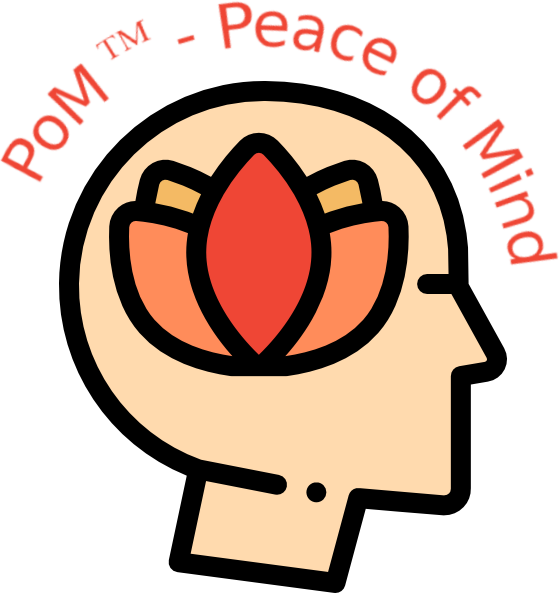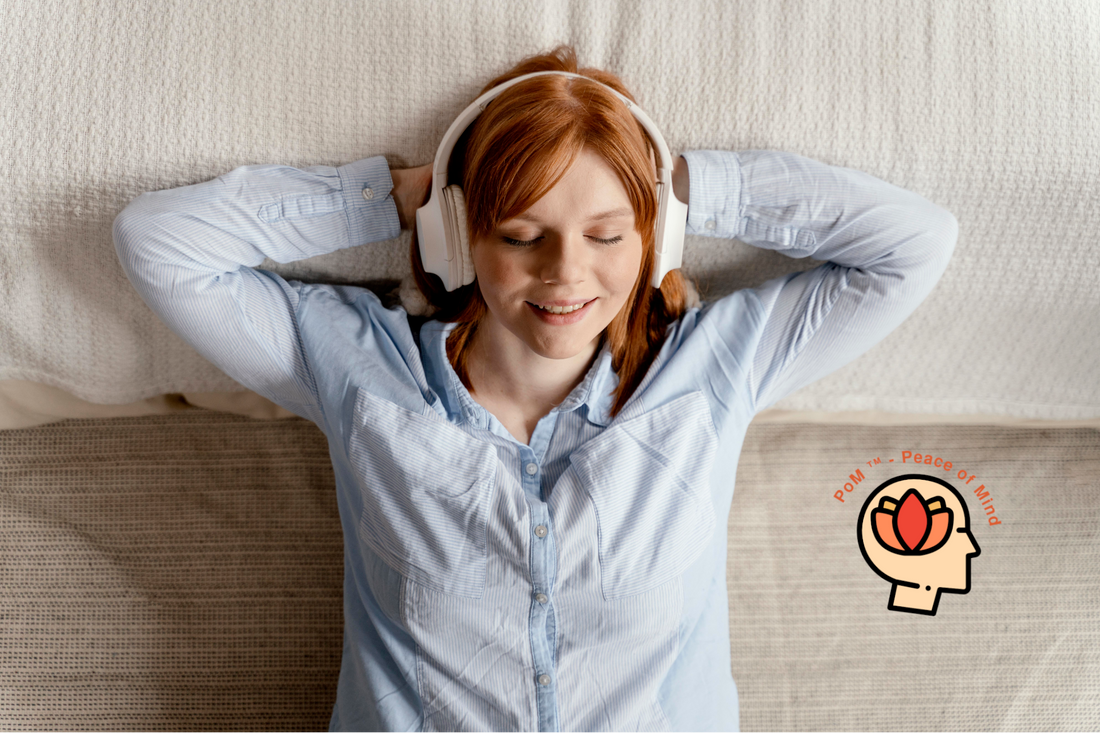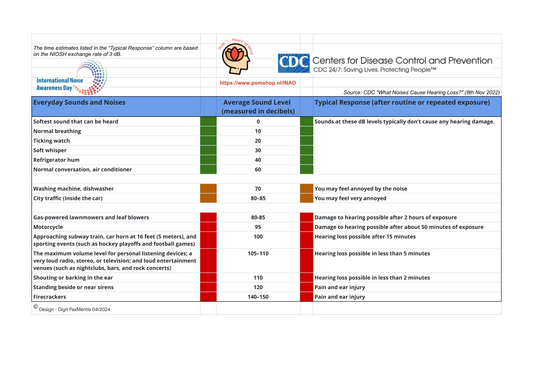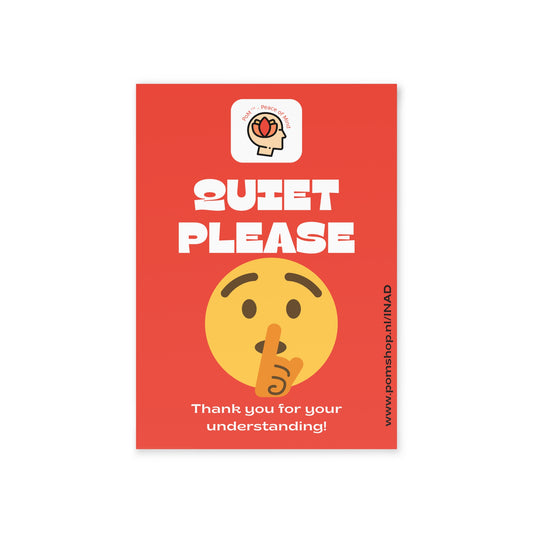PoM-10th April 2024. - Sleep, the seemingly passive state where we close our eyes and drift off, is anything but trivial. - Sleep is a complex biological symphony, crucial for our physical and mental well-being across all ages, genders, and backgrounds.
Let's delve into the science of sleep, exploring its impact on our health, the risks of sleep deprivation, and modern solutions for achieving restful nights.
The Sleep Journey Through Life
Our sleep needs vary dramatically throughout life. Newborns, for instance, are champion sleepers, clocking in a staggering 14-17 hours a day [1]. This sleep fuels their rapid brain development and physical growth. As we mature, the total sleep duration decreases, with teenagers needing around 8-10 hours, and adults typically requiring 7-9 hours for optimal functioning [2]. However, these are just guidelines; individual sleep needs can vary based on genetics, activity level, and overall health.
Bookmark in your calendar or follow PoM's Event calendar
- Next World Sleep Day is on Friday, 14th March 2025

(Source: World Sleep Day - Official Web site)
The Symphony's Conductor: The Brain and Sleep
During sleep, our brains don't take a vacation. Instead, they engage in a vital restorative process. Deep sleep strengthens memory consolidation, allowing us to store and process information learned during the day [3]. REM (Rapid Eye Movement) sleep, characterized by rapid eye movements and increased brain activity, plays a crucial role in emotional processing and creativity [4]. When sleep is disrupted, these processes are hampered, leading to cognitive decline, mood swings, and difficulty with learning and memory.
The Discordant Notes: Risks of Sleep Deprivation
Chronic sleep deprivation isn't just about feeling tired. It's a risk factor for a multitude of health problems, including:
- Weakened Immune System: Sleep strengthens our body's defenses, making us less susceptible to illness [5].
- Increased Risk of Chronic Diseases: Studies link sleep deprivation to an increased risk of heart disease, stroke, type 2 diabetes, and even some cancers [6].
- Mental Health Issues: Chronic sleep problems are often co-morbid with depression, anxiety, and ADHD [7].
The Soloists: Sleep Solutions
There's no one-size-fits-all approach to sleep, but several strategies can help us achieve a good night's rest:
- Sleep Hygiene: Establishing a consistent sleep schedule, creating a relaxing bedtime routine, and optimizing your sleep environment (cool, dark, and quiet) are key sleep hygiene practices [8].
- Sleep Training: For infants and toddlers, gentle sleep training techniques can help establish healthy sleep patterns [9].
- Sleep Labs: If underlying sleep disorders like sleep apnea are suspected, a sleep lab study can provide diagnosis and treatment options [10].
The Orchestra of Sound: The Power of Sound Therapy
Sound plays a significant role in sleep. Disruptive noises can fragment sleep, while calming soundscapes can promote relaxation and ease the transition into sleep. Here's the science behind some popular sleep sounds:
- White Noise: This uniform sound, like a fan or rushing water, can mask disruptive environmental noises and create a sense of calm [11].
- Brown Noise: With lower frequencies than white noise, brown noise (think crashing waves or rainfall) can be even more effective at masking disruptive sounds and promoting relaxation [12].
- Nature Sounds: Natural soundscapes, like birdsong or gentle breezes, can evoke feelings of peace and tranquility, promoting relaxation and sleep onset [13].
- Music Therapy: Calming music with slow tempos and soothing melodies can lower stress hormones and ease anxiety, paving the way for sleep [14].
The Final Movement: Lifestyle for Better Sleep
Beyond specific sleep techniques, a healthy lifestyle significantly improves sleep quality. Here are some key considerations:
- Exercise: Regular physical activity promotes better sleep, but avoid vigorous exercise close to bedtime [15].
- Diet: Avoid heavy meals and sugary snacks before bed, as they can disrupt sleep. Opt for a balanced diet rich in sleep-promoting nutrients like magnesium and vitamin D [16].
- Stress Management: Chronic stress is a major sleep disruptor. Techniques like meditation, deep breathing, and yoga can help reduce stress and promote relaxation [17].
Conclusion
Sleep isn't a luxury; it's a biological necessity. By understanding our individual sleep needs, practicing good sleep hygiene, and creating a sleep-supportive environment with calming sounds and a healthy lifestyle, we can all become conductors of our own sleep symphony, leading to a healthier and more fulfilling life.
Bonus: 20 Sleep Playlists on PoM's website here.
At "PoM - Peace of Mind ... Happy Life!", we understand the power of sound for sleep. Explore our curated playlists featuring nature sounds, lullaby melodies, calming music, and white/brown noise variations.
(1.) select one of the following playlists, then
(2.) click to start the player above and ...
(3.) Enjoy relaxing by listening (No login or registration required !)
Citations:
- National Sleep Foundation - How Much Sleep Do Newborns Need?: https://www.thensf.org/how-many-hours-of-sleep-do-you-really-need/
- National Sleep Foundation - How Much Sleep Do We Really Need (1) ?: https://www.mayoclinic.org/healthy-lifestyle/adult-health/expert-answers/how-many-hours-of-sleep-are-enough/faq-20057898
- National Sleep Foundation - How Much Sleep Do We Really Need (2) ?: https://www.sleepfoundation.org/articles/how-much-sleep-do-we-really-need
- National Institutes of Health - How Sleep Affects Your Brain and Body: https://www.sleepfoundation.org/how-sleep-works/why-do-we-need-sleep
- Harvard Health Publishing - Understanding the Benefits of REM Sleep: https://sleep.hms.harvard.edu/education-training/public-education/sleep-and-health-education-program/sleep-health-education-41
- National Sleep Foundation - Why Sleep Matters: https://www.nhlbi.nih.gov/health/sleep/why-sleep-important
- Sleep Foundation - Is Chronic Sleep Loss Dangerous?: https://www.sleepfoundation.org/sleep-deprivation/effects-of-sleep-deprivation
- National Institutes of Health - Sleep Deprivation and Deficiency: https://www.nhlbi.nih.gov/health/sleep-deprivation
- Mayo Clinic - Healthy Sleep Habits: https://www.sleepfoundation.org/sleep-hygiene/what-is-healthy-sleep
- American Academy of Pediatrics - Helping Your Baby Sleep Through the Night: https://www.aap.org/en/news-room/news-releases/aap/2022/american-academy-of-pediatrics-updates-safe-sleep-recommendations-back-is-best/
- American Academy of Sleep Medicine - Sleep Studies: https://aasm.org/
-
How much you need to sleep for a happy and productive Life ? - www.neckpainreasons.com/2020/03/31/how-much-you-need-to-sleep-for-a-happy-and-productive-life/
-
Stay healthy this Fall season. - www.ccmhhealth.com/stay-healthy-this-fall-season/
-
Sleep for Student Success - Suggestions for Academic Advising. - nacada.ksu.edu/Resources/Academic-Advising-Today/View-Articles/Sleep-for-Student-Success-Suggestions-for-Academic-Advising.aspx
-
Infant Sleep Recommendations - www.contemporarypediatrics.com/view/this-week-from-the-aap-updated-infant-sleep-recommendations






